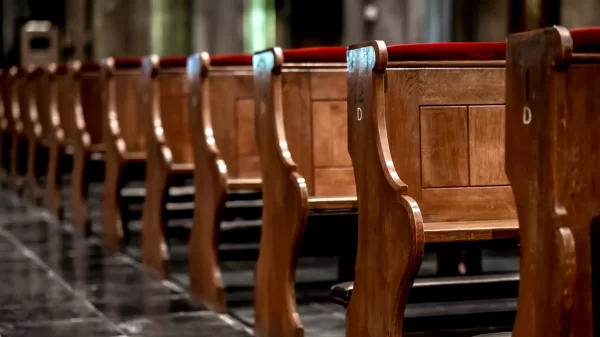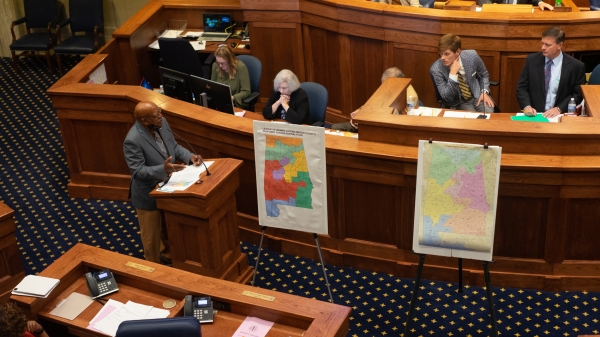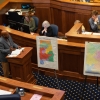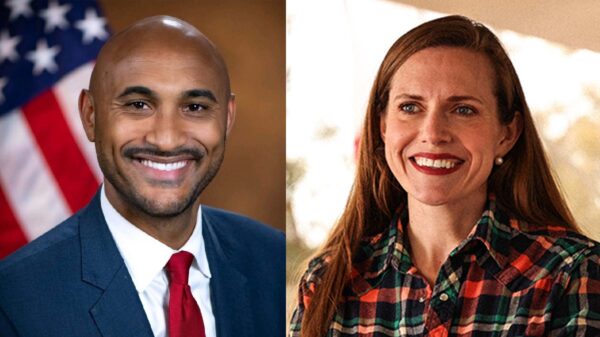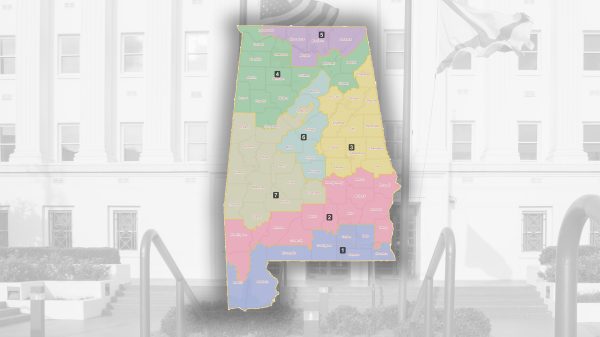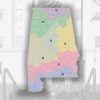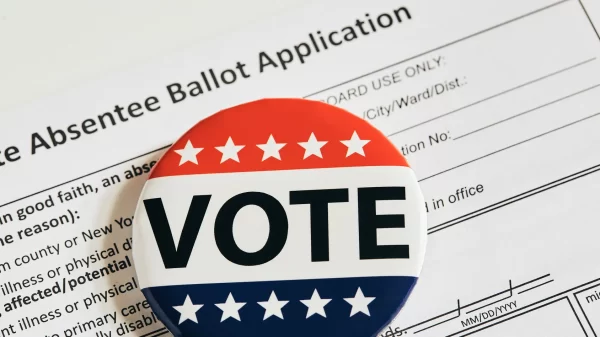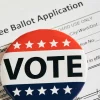By Bill Britt
Alabama Political Reporter
MONTGOMERY—Some lawmakers have expressed concerns over the idea that a ruling by the U.S. Supreme Court could have them seeking reelection within the next year or 18 months.
With House Republicans losing 6, perhaps 7 of the seats occupied by loyalists who won in 2010, more than a few legislators are not ready for a rematch; if the court overturns redistricting.
One political consultant who spoke on background said, “A few of these guys just hung on by the skin of their teeth, money was tight, the fight was nasty, they don’t want to do that again anytime soon…they are praying for the court to say, ‘everything is cool is Dixie.’”
At the start of its new session in October, the U.S. Supreme Court will consider whether Alabama legally redrew legislative districts adopted in 2012. African American lawmakers have accused the State’s Republican Supermajority of “racial gerrymandering” by stacking and packing minority voters into a few districts. The court will hear two cases concurrently, in which Alabama Democrats allege the State’s legislative district lines intentionally marginalize black voters.
Secretary of State Jim Bennett said that he did not know for sure why SCOTUS would decide to hear the Alabama case. He speculated that the charge of some district being drawn owing to political influence, could be the motivation. “But aren’t they always a little?,” he said.
In a state where a majority of whites vote Republican, while blacks vote Democrat, the charge of political resegregation to reduce black voter influence has been made in the case before the court.
Last year, a panel, consisting of three Federal district judges, in a 2-1 ruling found the State’s reapportionment to be lawful.
The question before the court may be whether the Republican Legislature drew the lines for partisan or racial advantage.
The question on many lawmaker’s minds is, what happens in the event SCOTUS decides Alabama acted illegally, thereby overturning the current districts.
A lower court ruled against the State’s redistricting in the past.
“I was right in the middle of the ’82/’83 experience,” said Bennett, “I had just been reelected to the House for a second term in ’82 under the plan that the courts threw out.” Bennett said the remedy then was to pass another plan, “We did that, but the court through it out… we had to make a third attempt.”
Bennett acknowledged that gerrymandering is a part of the process and says there are districts that surely raises eyebrows: “You look at that Seventh Congressional District. That makes no logical sense whatsoever… I mean, running a congressional district down an Interstate Highway doesn’t make much sense.”
The case before SCOTUS argues that after the 2010 Census, the State’s Republican Supermajority pack black voters into overwhelmingly Democratic districts in eight of the State’s 35 Senate districts and 28 of 105 House districts.
Last year, the court decided —based on a Shelby County case —to effectively strike down Section 5 of the Voting Rights Act, which had required permission from the Federal authorities before states could change their voting procedures. Many court watchers think this is an attempt to by the right wing of the SCOTUS to put a final nail in the Voting Rights Act.
Bennett thinks that if the court rules against the State, a new election would be held. There are some lawmakers that fear such an event could put them right back in the middle of a dogfight election, in which some barely held on to their seats.




















